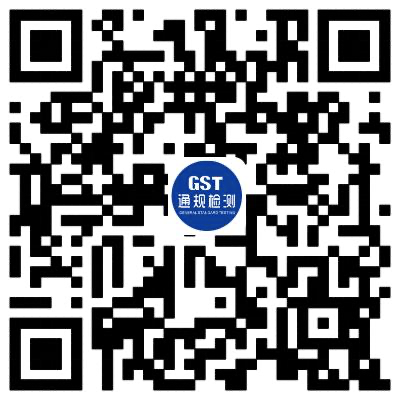Attention!Eu environmental regulations have been updated
Update on PFOS Control:
On 18 August 2020, the EU DELEGATED REGULATION (EU) 2020/1203 and revised Annex I to the Persistent Organic Pollutants (EU) REGULATION 2020/1021 in the Official Journal of the European Union.The restriction requirements on perfluorooctane sulfonic acid and its derivatives (PFOS) have been amended to be implemented by eu member States 20 days after the publication of this regulation.The amendments are as follows:
PFOS restrictions in POPs regulations were modified to allow PFOS to be used as an anti-fog-blocking agent for non-decorative hard chromium (VI) coatings in closed-loop systems.This amendment is valid for five years, that is, until 7 September 2025.
PFOS use:
PFOS is a fluorinated organic compound with 8-carbon backbone and sulfonate functional group.Perfluorooctane sulfonate-related chemicals are used in a variety of products, including surface treatments for anti-stain products, textiles, paper and metals, and in specific applications such as fire foam.PFOS is stable to metabolism and environmental degradation and resistant to biotransformation due to its strong carbon-fluorine bond.Human and animal data show that PFOS is easily absorbed and widely distributed in human body through non-covalent binding with serum albumin and other plasma proteins.Both experimental data and pharmacokinetic models showed higher levels of perfluorooctane sulfonate in fetal serum and brain than in the maternal compartment.
Introduction to EU POPs regulations
Due to the chemical nature of POPs and its far-reaching toxicological effects, the control of these substances requires collaboration among countries.At present, the international community has negotiated and concluded two legally binding international instruments:
The Ece Regional Protocol on Long-range Transboundary Air Pollution of Persistent Organic Pollutants (CLRTAP), which entered into force on 23 October 2003;
The Stockholm Global Persistent Organic Pollutants Convention entered into force on 17 May 2004.
The EU signed the two international instruments with the then 15 member States and ratified the Protocol on 30 April 2004 and the Stockholm Convention on 16 November 2004.In order to implement these two international agreements, the EU published the first edition of POPs Regulation (EC) No 850/2004 on 29 April 2004, which is consistent with the provisions of both international agreements and goes further to some extent than those of the international agreements.Since then, the EU has made several amendments to this Regulation, and published the second edition of POPs Regulation (EU) 2020/1021 on June 20, 2019.
GST reminds relevant enterprises to pay attention to the environmental protection laws and regulations in eu and other countries to meet the latest legal requirements and avoid legal disputes. You can also follow our WeChat public account, and we will update the laws and regulations in the first place.GST has a professional technical team that can track the latest developments of regulations and standards and help you develop the most comprehensive and economical compliance solutions.If you have any questions about REACH or other product compliance, please feel free to contact us.
Link to original regulation: http://data.europa.eu/eli/reg_del/2020/1203/oj
标题文字四
Previous
Next

Follow WeChat
Learn the latest news

0755-36307999

Floor 1-5, Building C10, Xin'an Second Industrial Zone, Guxiang, Xixiang, Baoan District, Shenzhen


